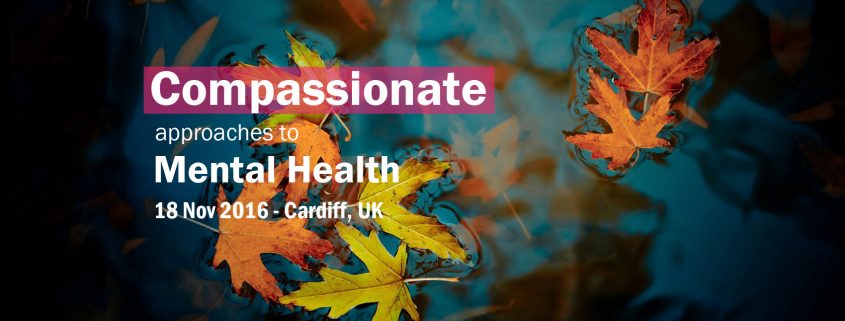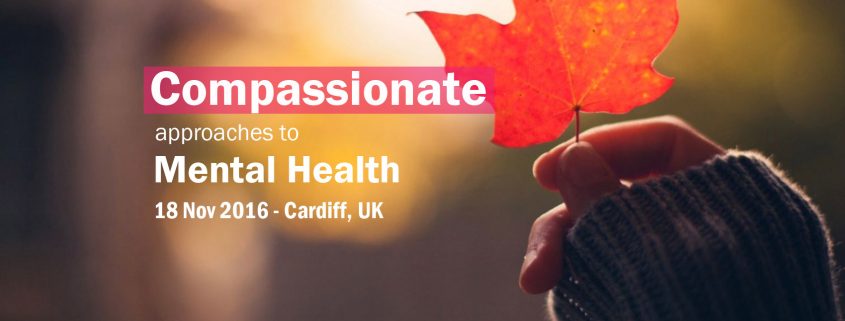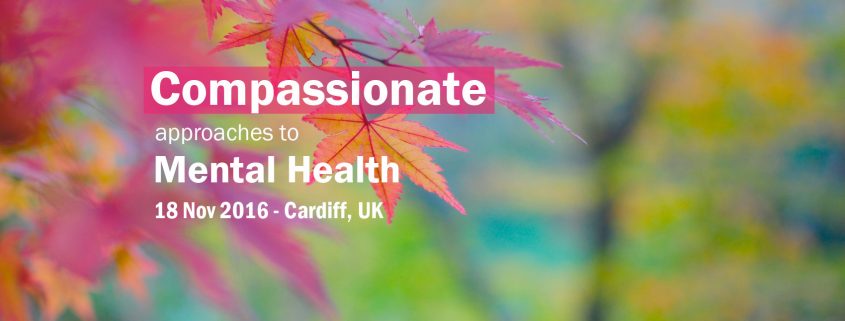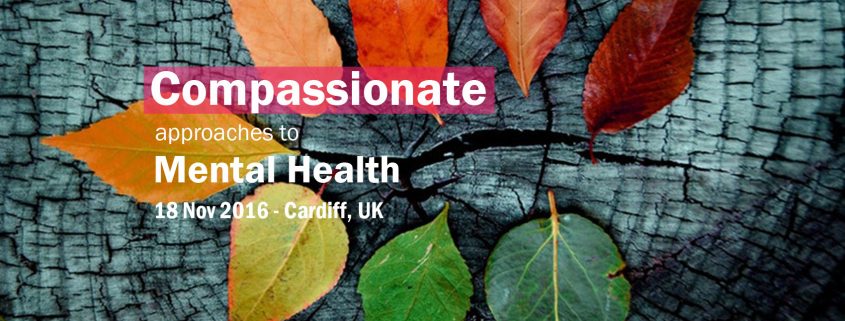Empathy not Sympathy by Peter Kinderman
In a wonderful recent piece, a response to our collective lack of compassion in the face of the migrant crisis, author and activist Owen Jones wrote: “Almost all human beings have the capacity for empathy. Everyone has the potential to be at least troubled, or feel genuine anguish, about the suffering of other human beings.”









